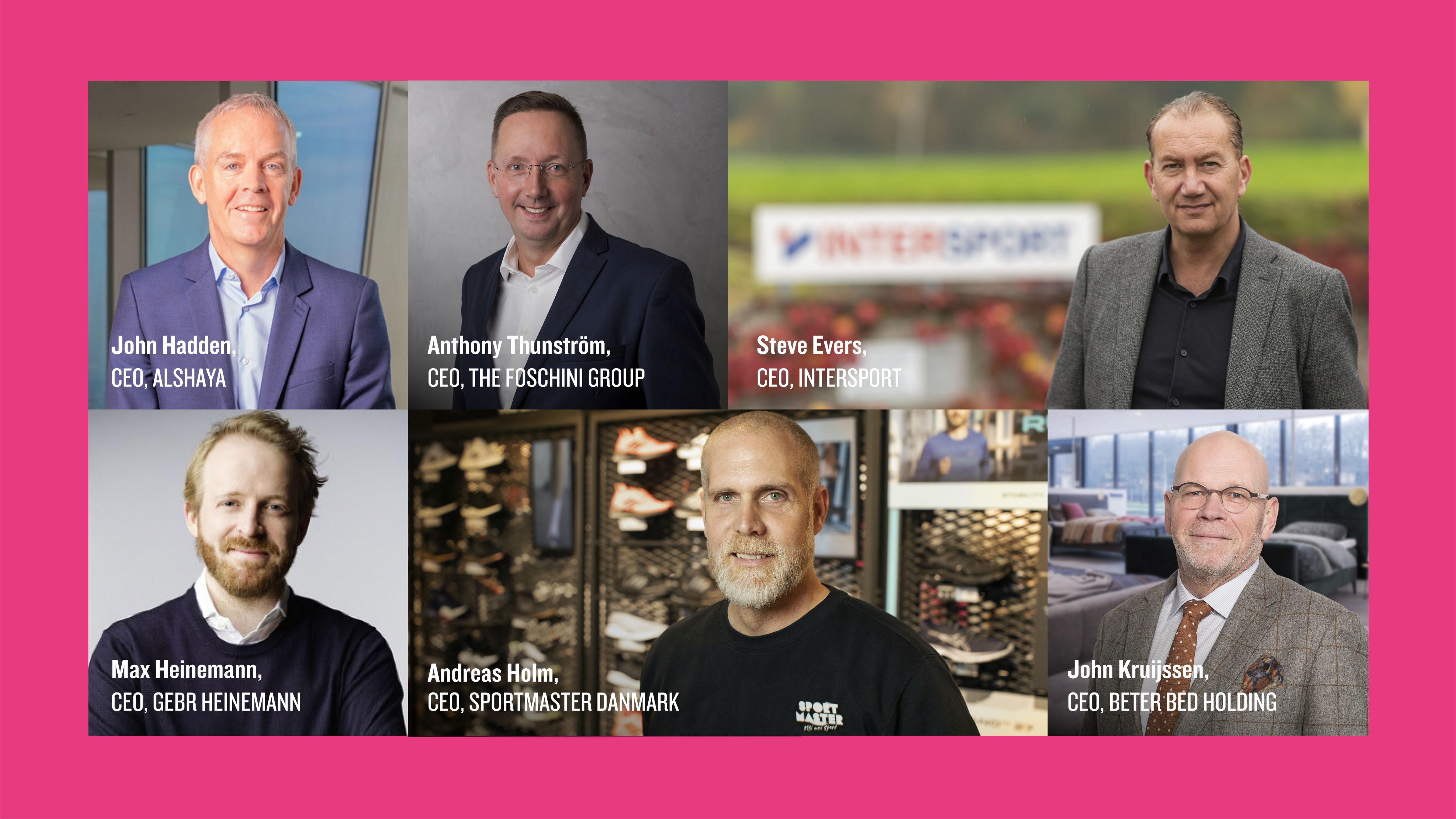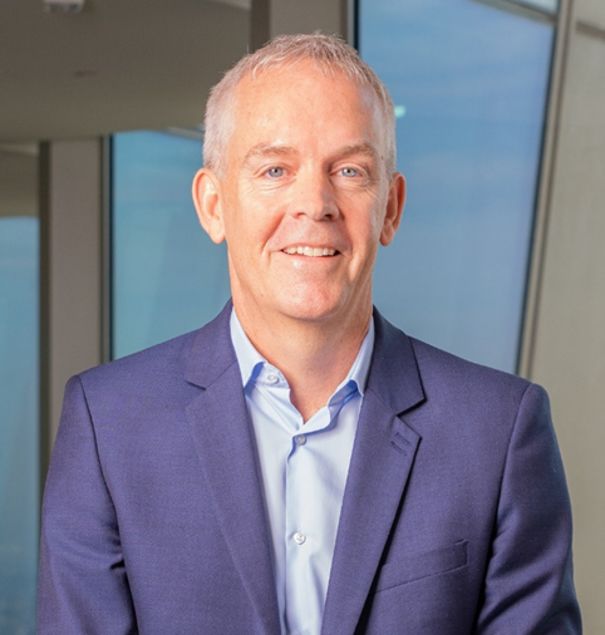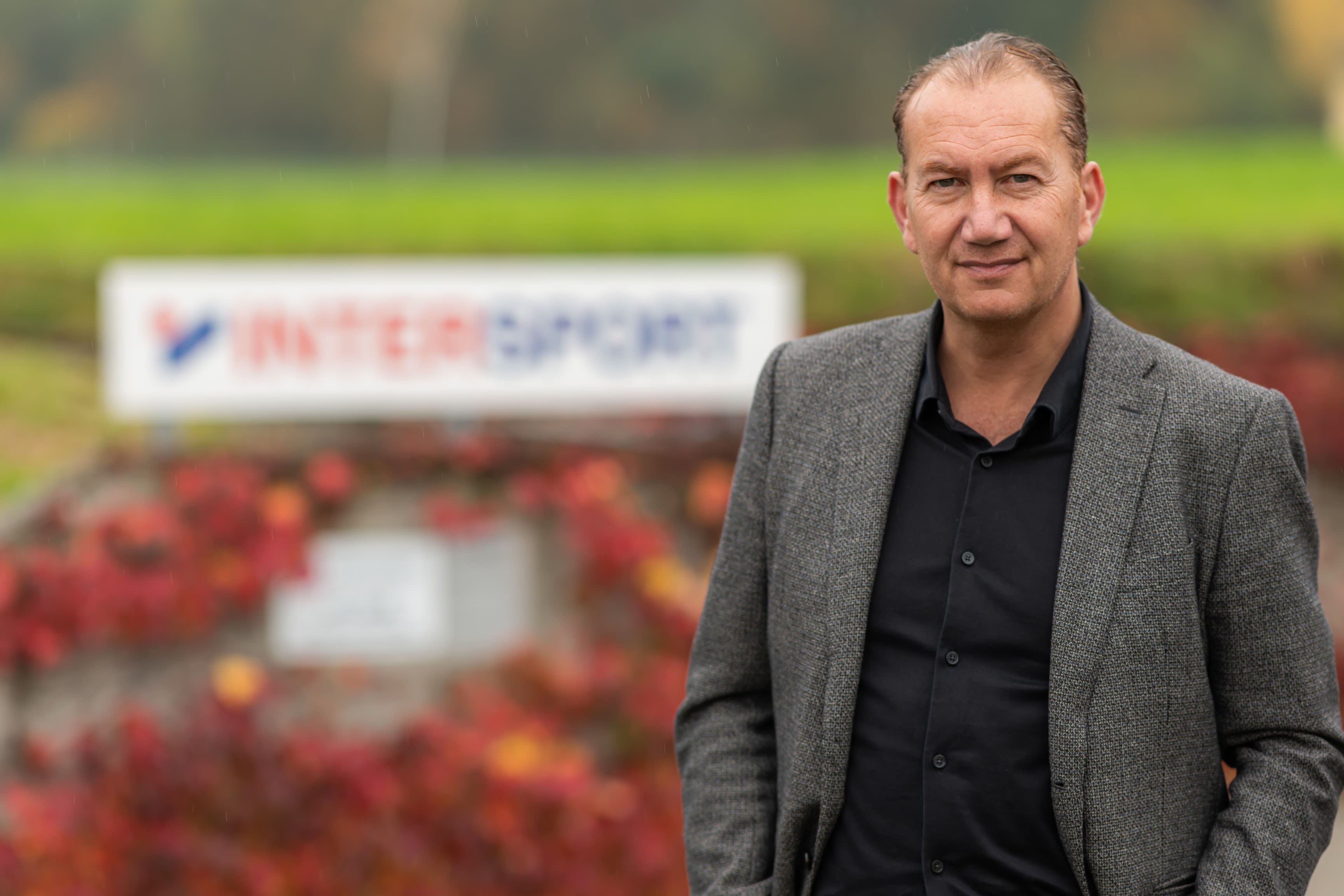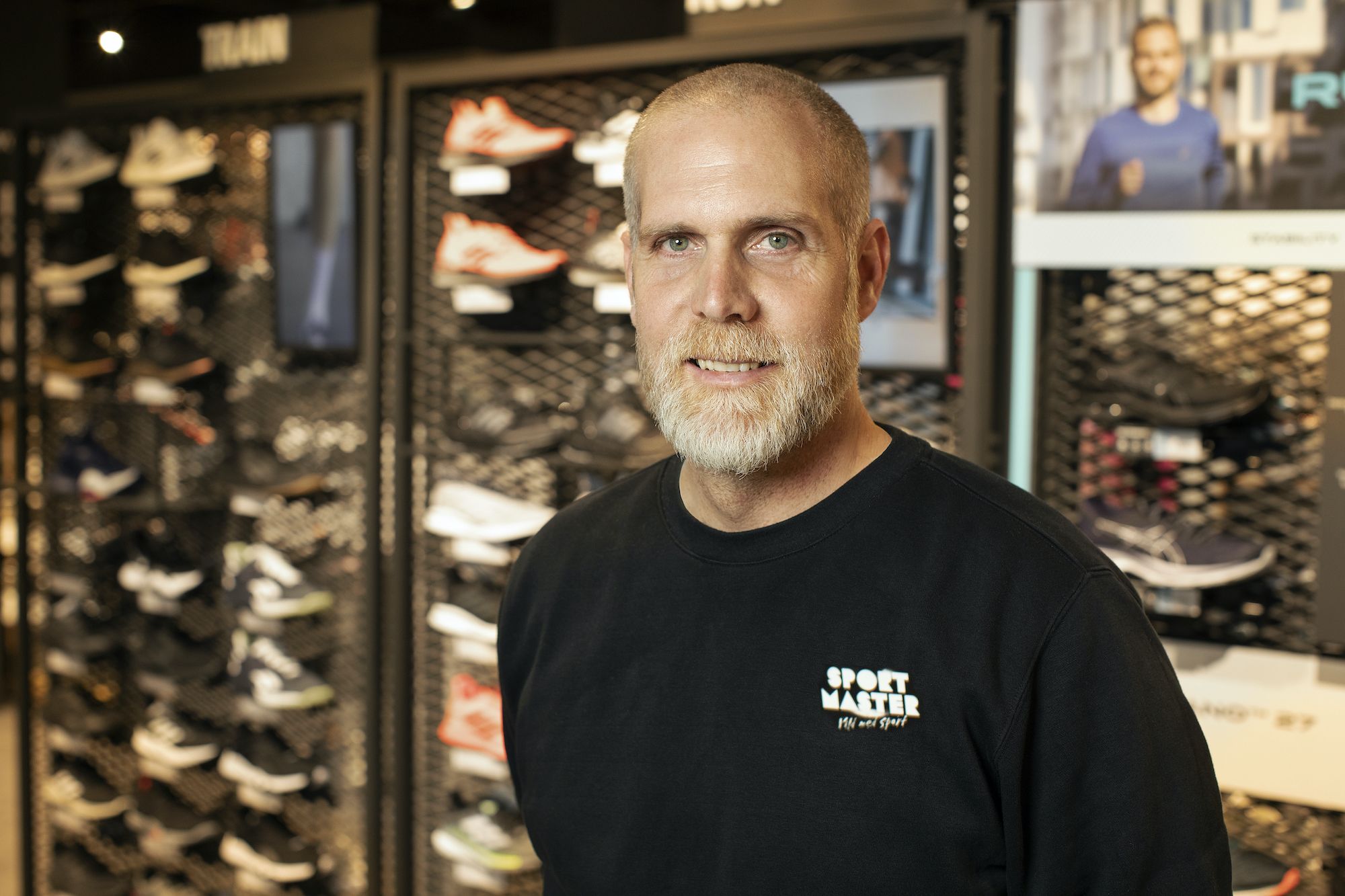5. A global perspective (COPY)

5. A global perspective
We spoke to the leaders of six international businesses to find out how retail is performing in the markets in which they operate to understand how the UK measures up



John Hadden, chief executive, Alshaya Group
Operates in: Middle East and North Africa (Kuwait, KSA, UAE, Qatar, Bahrain, Oman, Jordan, Lebanon, Egypt, Morocco, Tunisia), Russia, Turkey, Poland, Czech Republic, Romania, Azerbaijan, Kazakhstan.
NB: responses relate primarily to the MENA region
On performance in 2021: We entered 2021 with a strong, clean store and brand portfolio and a rapidly growing ecommerce business, and we have – for the most part – been able to trade at scale in all our markets, as compared to 2020 when many of our markets were in full lockdown for significant periods of time. The impact of Covid-19 does continue to affect trading across all our markets in different ways, but restrictions are much lower than before and the overall sales trend is significantly up on 2020.
On the forecast for 2022: We see a progressive loosening up of markets as different countries’ Covid-preventative regimes are relaxing following vaccination pushes (the UAE, for example, has one of the highest vaccination rates in the world).
Consumers have retained an appetite to spend (albeit with tighter wallets) and Covid relaxation is feeding into sales – both in-store and online.
Revenues will also be driven by ongoing investment in new stores, new concepts, new brand experiences and new physical and digital sales channels.
On the three key changes to consumer behaviour: The Middle East consumer has step-changed its adoption of ecommerce. We saw a massive increase in online trading last year and significantly ramped up our portfolio of trading sites. Currently ecommerce in the region is well below UK levels but is growing exponentially in MENA. Secondly, demand for app-based ecommerce is very significant. There is a marked shift away from cash to new payment methods. Thirdly, one major trend which has accelerated as a result is ‘immediacy’. Covid led to heightened need for customer purchases to be fulfilled immediately. We have seen this in the rise of and demand for same-day and express delivery.
On the three key areas of investment: Investing in our current employees and attracting new talent to Alshaya. Our 50,000 people drive our performance and we will continue to put significant focus on workplace strategies that recognise great performance, support people’s learning and development, and which enable a good work-life balance. Ongoing investment in our digital transformation. We will continue to invest significantly in new technology and digital experiences that support our omnichannel goals. Brand and portfolio innovation. Alshaya Group benefits from having a very broad portfolio of brand partnerships across multiple sectors (brands include Debenhams, H&M, Mothercare, American Eagle, Victoria’s Secret, Boots, Bath & Body Works, The Body Shop, Starbucks, The Cheesecake Factory, Shake Shack, PF Chang’s, Pottery Barn, West Elm and Harvey Nichols).
On the role of the store: The internet has given consumers increasing power of choice, has enabled retailers to hold stock centrally and ship everywhere beyond just being in a handful of major shopping centres, and this has significantly lowered the barriers to entry. We also can access dispersed populations in a way that stores never could, or we could not perhaps justify the investment. The physical retail infrastructure varies across our operating regions – for example, malls dominate in the GCC [Gulf Cooperation Council countries], while there are more high street destinations in Turkey. Malls dominate in the Middle East – as air-conditioned locations they represent a major leisure destination, particularly in the hot summer months.
On the drive towards ethical corporate governance: As a leading large-scale retailer in the region, we believe we have a responsibility to demonstrate good governance to our employees, our customers and the communities we connect with.
At the same time, the sustainability agenda is growing at pace in the region with increased consumer interest (and related demand for demonstrable sustainable practice) and the emergence of proactive government agendas on many topics such as the environment.
John Kruijssen, chief executive, Beter Bed Holding
Operates in: Netherlands, Belgium, Sweden
On performance in 2021: In essence [sales will be] much higher, but in the Netherlands we had a lockdown with store closures for almost three to five months from December 15, 2020 where the store opened fully again from April 28, 2021 [so there will be an impact].
On the forecast for 2022: The growth rate has been strong over the last couple of years; sleeping is of more importance as a result of better understanding among consumers.
On the three key changes to consumer behaviour: I believe it will be the continued drive towards online shopping. Also on-appointment shopping. And then, finally, more interest in products to improve health and wellbeing, as this is a greater understanding among consumers who have realised Covid is not going away fast, so they want to focus on health and at-home comforts. Sleep in this regard has been undervalued for a long time and this is changing.
On the three key areas of investment: Our focus will be on online and digitalisation; to improve the look and feel of our stores, introducing greater digitalisation and analytics; and finally, logistics and supply chain.
On the role of the store: The store will be very important, but the role of the store will change and possibly so too will the location. I believe there will be a more dense network, closer to the consumer.
On the drive towards ethical corporate governance: Where today it is important, it will be critical in the very near future. We need to think about future generations and therefore become greener.


Max Heinemann, chief executive, Gebr Heinemann
Operates in: Globally operating Travel Retailer on five continents. Operating own retail shops at airports, aboard cruise ships and ferries and at borders, as well as distributing goods to other travel retailers.
On performance in 2021: 2020 started off very promising, with sales levels exceeding those from the same time period in 2019. In the end, however, the Covid-19 pandemic caused a revenue decline of 67% in 2020.
The first and second quarters of 2021 were marked by further severe turnover losses due to travel restrictions and lockdowns. For quarters three and four, we are cautiously optimistic.
On the forecast for 2022: The progress of the vaccination campaigns and the lifting of travel restrictions are the prerequisite for a slow but steady recovery of our business.
On the three key changes to consumer behaviour: Firstly, the increased importance of digitalisation, technology and data. This includes, among other things, using data to make personalised offers to customers and also to use technology to tell brand stories in an emotional and exciting way. We, as retailers, have to be present on the channels that our shoppers use and leverage these tools to entice them into our shops. Secondly, sustainability. Global consumers, in general, have become significantly more socially and environmentally conscious and are increasingly demanding this from retailers as well. This does not only apply to what consumers shop for – more ethical or environmentally friendly produced products – but also how they shop. Thirdly, local sense. People want to sense where in the world they are. This includes shop design but also local/regional products.
On Brexit: Our retail sites (such as Amsterdam, Frankfurt, Berlin, Budapest, Vienna or Vilnius) and distribution customers with a high proportion of travellers heading to the UK can now benefit from duty-free purchase quantities and, where applicable, from purchases exempt from excise tax.
The biggest effects are on highly planned purchases; the tobacco category and cigarettes in particular. Tobacco products can now be offered as duty free, which is usually cheaper than duty paid and thus very attractive for travellers.
Unfortunately, we were not able to unlock the full Brexit effect yet due to the border closures/travel restrictions and low pax numbers in 2020/21.
On the role of the store: The physical store will always play a big role in our business. Online sales will always play a marginal role when it comes to revenue. However, in coming years, we will dovetail the two even more closely and build meaningful bridges between offline and online to leverage the full potential of both.
On the drive towards ethical corporate governance: If you want to co-create the future of retail as we intend to do, you need to commit to ethical corporate governance. As a family business and being 142 years old, it is one where there is a deeply embedded culture to think sustainably, to be true to our values and promote ethical behaviour. We understand what long-term means and what elements should or will play a role in it.
Steve Evers, chief executive, Intersport
Operates in: Albania, Andorra, Australia, Austria, Belgium, Bosnia & Herzegovina, Bulgaria, Canada, China, Croatia, Cyprus, Czech Republic, Denmark, Egypt, Finland, France, Germany, Greece, Hungary, Ireland, Italy, Kosovo, Kuwait, Liechtenstein, Luxembourg, Montenegro, Netherlands, Norway, Poland, Romania, San Marino, Serbia, Slovakia, Slovenia, Spain, Sweden, Switzerland, Turkey, United Kingdom, Ukraine
On performance in 2021: In 2020, our index gross sales were down by 9%. In quarter one, we reported -9% and in quarter two of 2021 we reported an increase of 25%, which resulted in an uplift of 7% for the first half of 2021.
On the forecast for 2022: We are on a schedule to increase our group sales with a compound annual growth rate of 5%.
On the three key changes to consumer behaviour: I believe the biggest changes will be increased financial anxiety, the continued shift to online and then, finally, the quest for ‘truth’ (being sustainability and corporate responsibility).
On the three key areas of investment: In 2022, our three key areas of investment will be in digital, then data and analytics, and then, finally, on global marketing campaigns.
On the role of the store: The store will continue to have extreme importance. There will be fewer, bigger and better stores in the future. We plan to open in in-town shopping centres, local high streets, retail parks and out-of-town shopping centres because Interport needs to be close to our target consumer.
On the drive towards ethical corporate governance: We are a huge, international group of national operations. Super-heterogeneous: every thinkable business model, level of maturity, culture, you will find in our portfolio. Therefore, it is very important to govern the group in a way that works for the majority, and should therefore be ethical.


Andreas Holm, chief executive, Sportmaster Danmark
Operates in: Denmark – expansion to Sweden from 2022
On performance in 2021: During 2020, 50% of our physical stores were in Covid-19 lockdown, which of course seriously impaired our sales and direct relations to our customers. However, we gained momentum and accelerated our omnichannel strategy to the benefit of our business and our customers.
Lockdown seriously affected sports also. Many sports and fitness facilities were affected by lockdowns and severe limitations. That further limited demand and sales. We are seeing a clearly upward trend in sales again, and a continued demand for outdoor sports equipment that peaked during 2020.
The lockdown in Denmark continued in the first months of 2021, but due to the initiated omnichannel strategy, we were better equipped than in 2020 to resist the impact.
On the forecast for 2022: Megatrends around health and active lifestyle are underpinning the demand for functional sportswear in all forms and shapes. Also the current ‘work from home’ trend is offering customers more options for flexibly enjoying sports and fitness and thereby lowering barriers for a healthy and sporty lifestyle.
Not least, consumers have a need and desire to spend time together, be part of something, a community; sport and fitness clubs are attracting positive attention and membership is increasing again. That benefits our overall business opportunities.
We are not anticipating long lockdowns as we see vaccination progress and improved pandemic control in our market.
On the three key changes to consumer behaviour: No limits in time and place. The true omnichannel customer is a reality. Customers expect full access to the full assortment no matter where they are at and what time they want to shop. The pandemic accelerated customers’ expectations of the online shopping experience, and reminded most that good service from skilled staff is of very high value. Secondly, health is key. Whether you are a footballer, an IT nerd, a dad or a globetrotter or all of them at once, health and health status has become even more key to each of us. Also, our own role in keeping ourselves healthy mentally as well as physically has become clear to many. Therefore sport, fitness and active outdoors life will be a key priority for the majority. Lastly, community, belonging and family beat individualism. The pandemic has underscored that we are social beings. We need to belong, have communities that we are part of, and we need family settings and company as a central part of our lives. Sports in all shapes and forms fulfil those needs for many consumers and families – and in our market, we see a clear trend towards club memberships and family sports activities.
On the three key areas of investment: Consumer experience. Our investment will be focused on optimising our customer touchpoints to cater for the changing demands of our customers and meet them with the best service. We believe highly that omnichannel is the way forward based on how the customers behave today. We know that over 80% of the customer journeys start online (after Covid, all data indicate even higher percentages), but we also know that for certain categories, and here especially sports items, that customers prefer to try the items in-store. People are one of the key aspects of retailing and therefore we want to put a large focus on our people, from attracting talent to training and upskilling our current team. For us, sport is about wellbeing and social communities, and as an organisation we want to drive this deep into our company culture.
On the role of the store: We aim to be Denmark's number-one omnichannel retailer. We have approximately 75 stores placed in A-positions in shopping centres or main shopping areas. We envision more stores rather than fewer. We plan to open in in-town shopping centres, local high streets and big city centre high streets.
On the drive towards ethical corporate governance: Corporate communications and the newer ‘corpsumer’ communication are here to stay. Consumers pay close attention to the business philosophy and actions of the brands they choose to purchase from. Running an ethical and viable business is key to attracting and maintaining positive customer relations and to attract employees.
Anthony Thunström, chief executive, The Foschini Group
Operates in: Key markets include Southern Africa, the UK and Australia – but has a presence in 26 countries.
On performance in 2021: While the majority of the group’s outlets and online channels have traded strongly during the first quarter of for the financial year 2022 (which runs from April 2021 to June 2021), consumer spend, particularly for TFG Africa, remains muted as uncertainties around further Covid-19 outbreaks, extended lockdowns and the slow pace of the vaccine rollout adversely impacted consumer confidence.
In South Africa, the recent civil unrest has and will continue to impact consumer spend and business confidence, especially where businesses’ ability to trade was hampered through the widespread destruction in the affected areas of KwaZulu-Natal (KZN) and parts of the Gauteng province for a few weeks in July.
In TFG Australia, further lockdowns and restrictions have impacted the business since the end of quarter one for the financial year 2022. During the middle of July, over 50% of stores in Australia were closed or substantially impacted due to lockdowns as state governments tried to slow the spread of the Covid-19 Delta variant. The two largest states, New South Wales and Victoria, are currently the most affected and the lockdowns could continue well into
August 2021 due to the growing number of cases in the community and low vaccination rates.
TFG London’s restrictions (in England, with the rest of the UK to follow) have been relaxed from July 19, 2021. As a result of the rising case numbers in the UK and track-and-trace necessitating large numbers of people having to self-isolate, there remains a degree of caution.
On the forecast for 2022: Despite the many challenges facing retail, TFG continues to invest for the long term in line with its strategic priorities, while further strengthening its digital as well as local supply chain and manufacturing capabilities. This approach will ensure that our retail stores (physical and online) are ready for when consumer confidence starts to rise again and the pent-up demand for the group’s strong brands will drive accelerated sales growth.
On the three key changes to consumer behaviour: The move to online shopping won’t decrease, if anything it will continue to grow as consumers become accustomed to shopping in this way and the added selection choice and convenience that it brings. This will be true of all age groups, although the channels being used might differ, ie: the younger consumer shopping via social media platforms. Consumers’ focus on their homes will continue, especially as more businesses adopt a hybrid approach to working from home. Consumers will also maintain their focus on their own personal health and wellbeing. Increased focus on sustainability and the move to localisation will continue, with consumers looking to retailers to be more environmentally conscious and to support local industries.
On the three key areas of investment: Our three key areas of investment will be digital transformation including ecommerce. Then local supply chain and manufacturing capabilities. And another key area will be talent and human resources.
On which marketing channel represents the biggest opportunity: As gaming and livestreaming continue to grow, consumers are responding more and more to video content; the accelerated growth of TikTok bearing witness to this. YouTube has launched ‘shorts’ and Instagram has increased its Reels to 60 seconds in response to the success of TikTok. So, the growth opportunity I see is for brands to create more engaging video content or, even better still, get their followers to create the video content on their behalf. The growth of V commerce (video) is linked to this trend.
On the role of the store: Physical stores are still important and will continue to be so as part of the wider omnichannel ecosystem. Customers will also expect a more experiential shopping experience in our flagship stores. They will also use stores in different ways – for example, as a place to pick up or to return items they bought online. In consumers’ minds, the lines between where they do what in the purchase lifecycle will blur and they will expect consistency of experience, a true omnichannel approach.
On the drive towards ethical corporate governance: We have always been responsible and ethical in our corporate governance, so this isn’t a new area but rather an increasingly important area of focus.


Like what you read?
120+ speakers will gather in May to discuss these topics,
and so much more.
Book your ticket today

